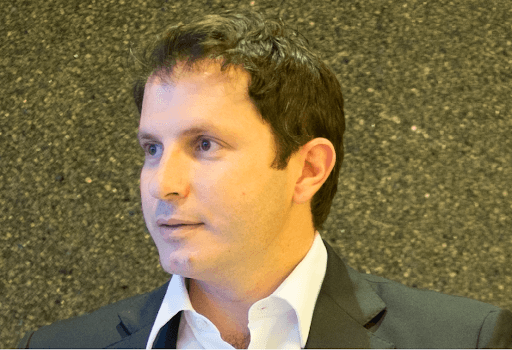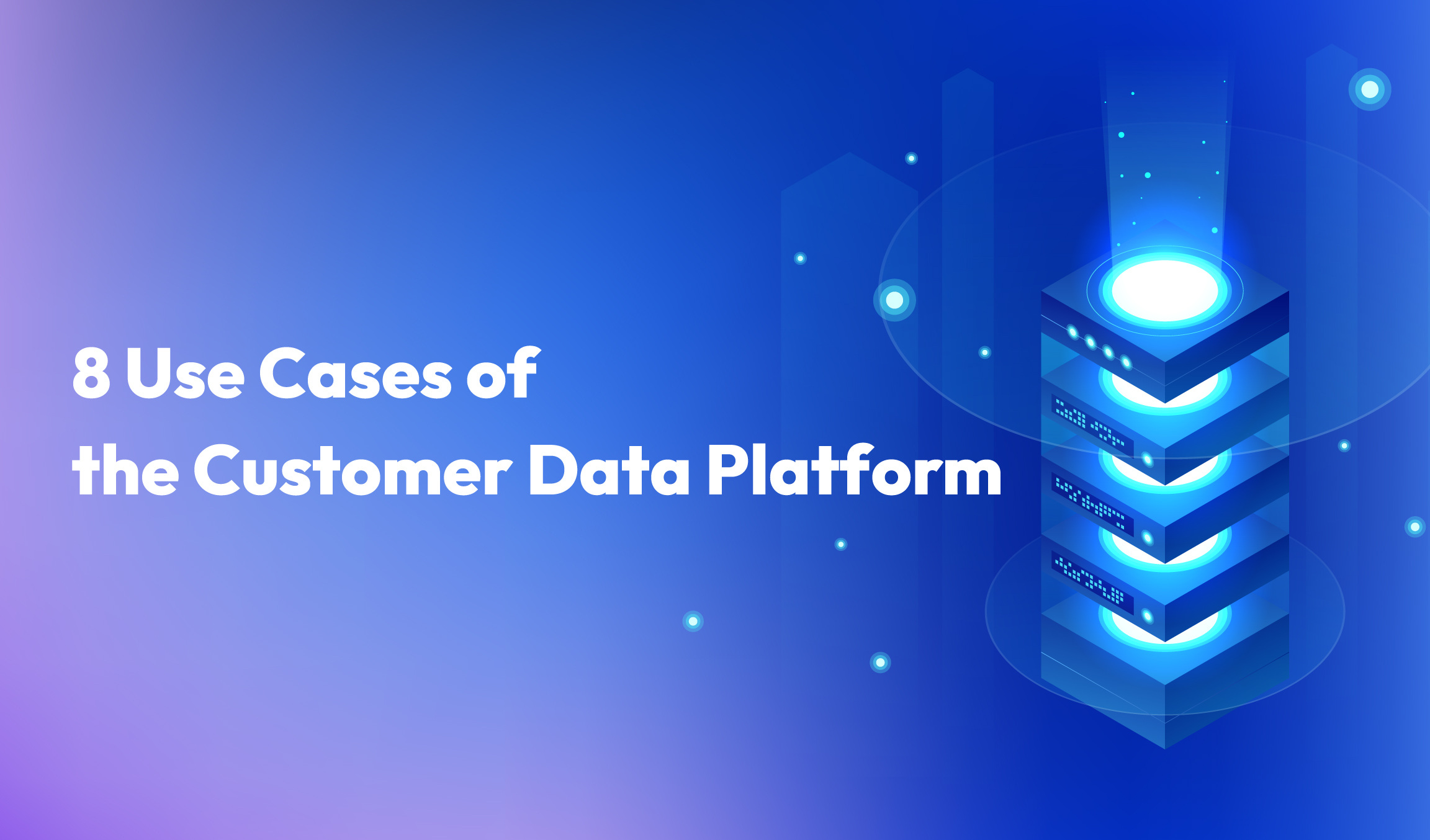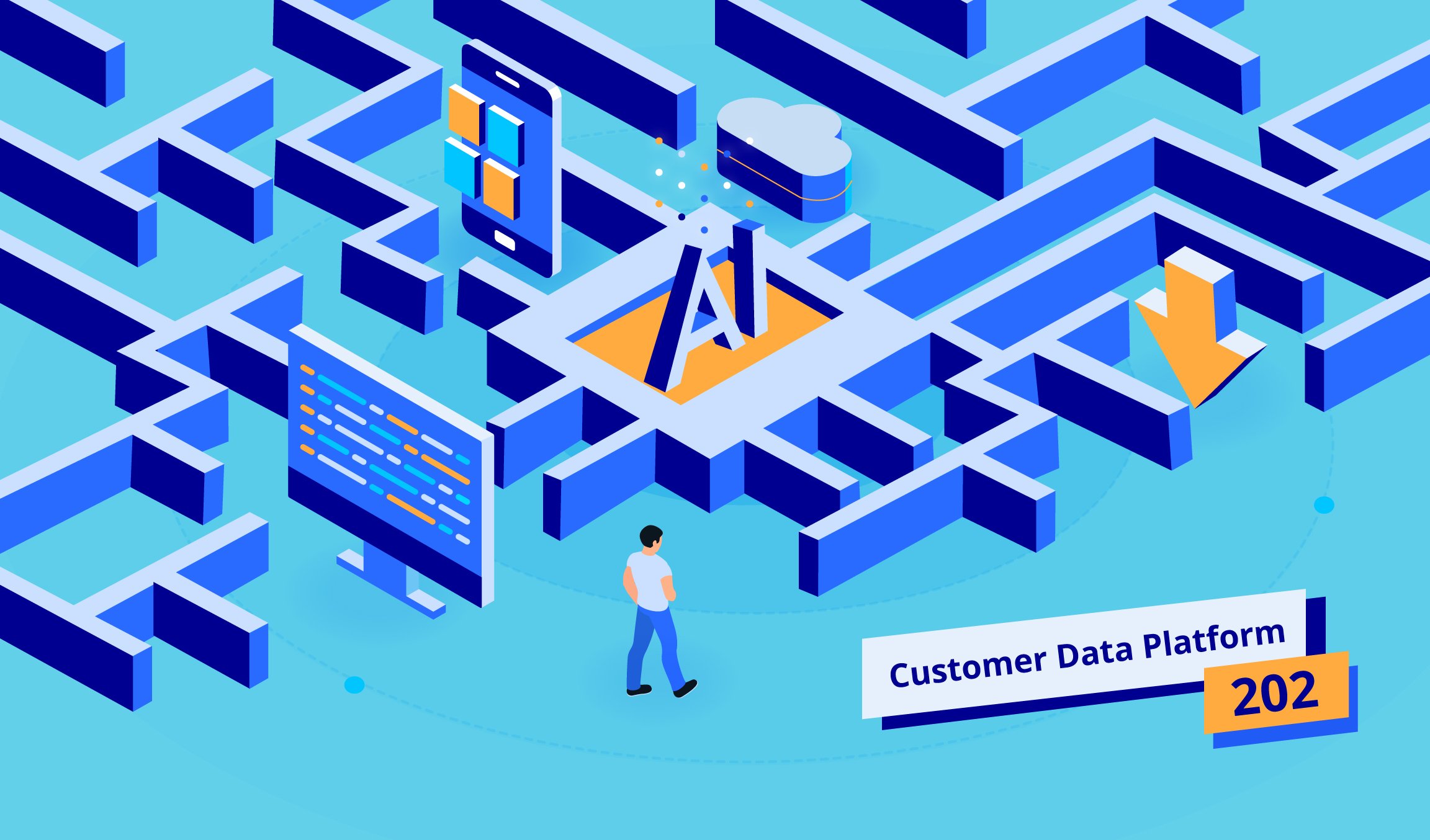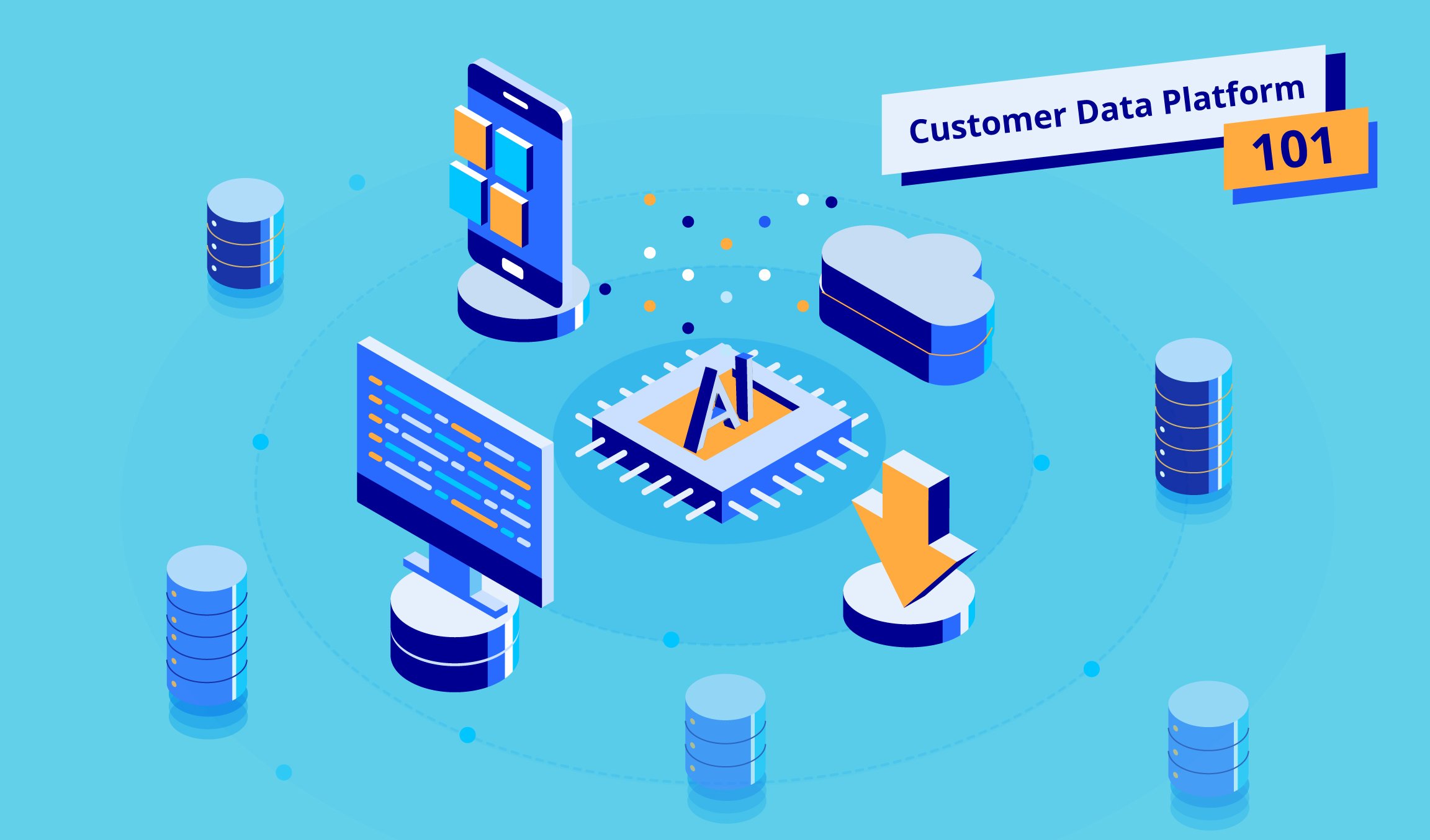6 min read
During a recent interview, Rani Saad, Executive and Learning coach for Digital Transformation and Innovation at INSEAD, shared with us his view on digital transformation and how brands in the travel and luxury sectors can leverage AI-driven tools to tackle their challenges, especially during uncertain times like now.
Tell us a bit about your background and how you help businesses understand digital transformation and what true innovation is.
After I finished business school, I started my professional life in aviation and was part of the Air France acquisition of KLM. This was the beginning of the ‘digital life’ of these organizations, and I ended up in charge of e-services and figuring out how to execute digitally, which back then was essentially providing sales and services online. From there I supported other stakeholders in the travel value chain, including Changi Airport in Singapore, looking at what the future of air travel was going to look like.
I’ve also been involved in telecoms, education, startups, government and so on, but what all these experiences have in common is that I’ve always been involved in helping organizations build not just a digital strategy, but to actually execute the strategy so that they can see business results.
When it comes to true innovation, 50 people will give you 50 different answers, but from my point of view, it’s about staying relevant. This is particularly true at the moment, in a time of unprecedented circumstances and change. When it comes to adapting to the ever-changing needs of your stakeholders, innovation is not just about creating something new but actually implementing it in a way that makes it accessible and affordable for people.
You’re an expert in guiding businesses through digital transformation. At this stage, it risks becoming a ‘buzz phrase’ if it isn’t already. How are companies thinking about digital transformation in 2020?
It’s true that digital transformation is becoming a bit of a buzz phrase. To properly understand it, it’s important to understand that digital is the combination of two things. First, it’s a set of technologies that we have access to – everything from devices and apps to AI. Second, it’s about a different way of working and making decisions.
The most successful companies today understand how to embrace the technology to allow the organization to effectively work with and implement it, particularly in terms of a relentless pursuit of understanding, delighting, connecting and servicing customers, the true asset of any company. AI is the tool that facilitates companies in becoming obsessed about their customers current and future needs.
Corporations struggle with disruption, and to avoid playing catch-up with digital transformation, companies need to recognize opportunities and threats before they appear disruptive. Just because a customer is not asking for it doesn’t mean it’s not coming, and by the time companies realize what’s happening, it requires a whole new set of capabilities and changes in their business models, so businesses need to have those in place beforehand.
I’m helping organizations make improvements and get ahead by using data to uncover pain points. For example, let’s take a ride-hailing service. What data are we getting from customer service issues? These are the customer pain points, and it’s through connecting this data that improvements come about by anticipating customer needs.
How do you think brands view the role of AI in the marketing function specifically?
It’s a natural evolution of the marketing function that it would incorporate AI to make sure that customers are well-served. There are two phases to AI in marketing, pre and post. The AI function needs to exist in pre-marketing to understand customer behavior – how people are consuming, moving, communicating – and to determine the go-to-market strategy. Then AI will help reach the customers and determine if what was predicted is actually happening. From there, businesses can start to predict what the next moves might be, and this is how AI helps companies stay relevant. The current virus situation helps demonstrate the importance of AI in marketing – to ensure the changing needs of a brand’s consumers are being met.
If you look at an industry such as travel, like many other industries, it’s very price-sensitive. A consumer might be an airline miles hunter or a devoted fan of a brand, but when it comes to the final click, the price is still an extremely important factor in the purchasing decisions. Therefore, it is important to provide the ‘best’ pricing, and AI and machine learning can help you know your customers well enough to know what that should be. Your customers are the most important asset to your business. So, my question to decision-makers during these unprecedented times is do you really know your customers? How obsessed are you with your customer’s needs?
You have particular expertise in travel and luxury. 2020 has now become a very challenging year for these sectors. What are your thoughts on how brands in these categories view marketing technology, such as AI-driven marketing automation, generally, and how has that or might that change with the current situation?
Some of the questions I’m getting from business leaders are about what tools they need now, and how we can predict the estimated degree of impact in terms of duration for any specific industry. In travel specifically, the impact is deep, much greater than something like 9/11. We’re seeing 70-80% erosion in the industry due to travel bans and quarantines. COVID-19 will impact the peak booking periods and summer travel season. This means that executives in travel and hospitality very much want to know what consumers are doing, how they are behaving, how marketing can help them to understand what the next step should be. They want to know when they should begin to re-invest and how – will people want to do things the same way? A company like Appier is in a great position. It’s what’s needed to get the right data to decision makers and vice versa.
There are five main steps for any institutional actions in a situation like what we’re currently facing: First is to address the immediate challenges of the workforce and customers. The second is to ensure good cash management and therefore resilience. The third is to start developing the plan to return to scale once the crisis has passed. The fourth is to reimagine the new normal, and the fifth is to drive evolution in the company’s specific industry. When AI is injected into all these steps, it’s easier to find the right market fit, and the market is essentially just the needs of the customers.
You advise organizations in different parts of the world. Do their attitudes vary regarding digital transformation and AI?
Digital transformation is happening everywhere, but there are a few differences in approach. That includes different attitudes towards data usage, but also differences in technology and infrastructure. For example, smartphones exploded in China and things became mobile-based very quickly, not just because people liked using phones, but because even in the earlier days of the internet, they had access to 3G while other regions in the world were still plugging into ethernet cables.
Asia also allows for great scale and is home to ecosystems and platforms that have grown very quickly because of this, putting other places in the world behind in lots of ways.
Rani has more than 19 years of experience in aviation, travel and leisure and retail technology. A recognized industry leader, he has also been a corporate venture capitalist. He spearheaded the launch of the first global Corporate Venture Capital structure within the travel space and his M&A achievements span the globe from the US to EMEA and APAC.
Rani’s cross-functional and dynamic industry expertise is matched by his rich experience in strategy and execution, resulting in a consistent track record in design and implementation of innovative strategies and digital solutions that create high-performing, sustainable and profitable businesses. He is also an Executive and Learning coach for Digital Transformation and Innovation at INSEAD.
* Read more from our “Ask the Experts” series, and see what we have discussed with other thought leaders about AI, digital marketing, data, technology, and more.



